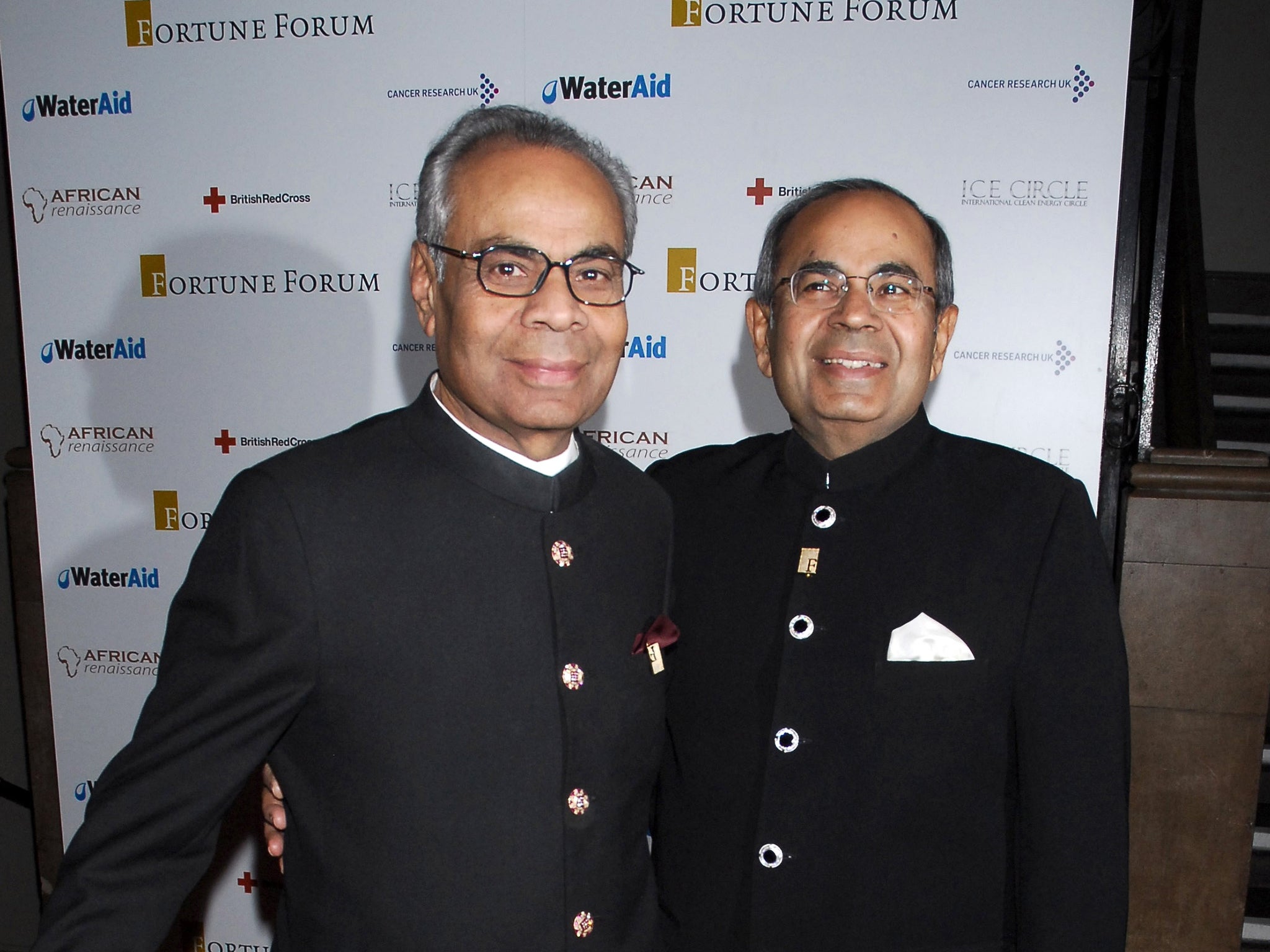Of course I’m jealous of the Rich List. But at least they’re spending their fortune here
We should encourage them employ and patronise the arts, and above all invest in British businesses. It is no good having a more equal society if everyone is poorer


The Sunday Times Rich List ceased to have much fascination for me from around the time – some years ago – when it finally dawned on me that I would never see myself appear in it. I know, delusional.
So envious am I still, though, irrationally and pathetically, of the characters who do turn up there that I just don’t want to know the painful details about how many hundreds of millions they are up or down this year, or why.
It merely adds to the agony of realising just how poor I am compared to “them”. They say poverty is a relative concept, after all. I still do the lottery, which says it all.
Resent them as I do, I would still rather that the rich bastards were in this country than not. If we decided to tax them into exile then we would certainly have a more equal society here in Britain, and especially in London.
What Jeremy Corbyn calls the 1 per cent would be gone, on the first private jet flight just before he goes to Buckingham Palace to receive his commission to form a government. The money will have been evacuated in a matter of seconds.
But the 99 per cent, who supposedly create the wealth the 1 per cent just sit on, would scarce notice any beneficial effects. Quite the opposite.
I grant you that the ripple effects on the real estate market might just knock a few thousand off the price of a flat in Balham, and you could probably pick up a lightly used Range Rover for a nice discount.
A table at the fancier restaurants might be marginally easier to book. But that would be about it. The wealth would not be redistributed because it would have long since scooted off to Monaco or the Gulf or somewhere. Anywhere.
Thus, the chances are that the mega rich would still be in safe possession of their unimaginable (though I try to get my head round it) wealth, even if John McDonnell were to become chancellor tomorrow morning. The world would be just as unequal, even if the socialist government in Britain might be applauded for its grand but futile gesture.
In fact it may be that some of the very rich would stay in the UK, but simply employ smarter and smarter lawyers and accountants to help them avoid, though not evade, taxation and any unpalatable restrictions on their financial freedoms.
It was how the rich who felt some desire to come or stay here behaved before Margaret Thatcher and Tony Blair made the UK and London the go-to place for global plutocrats to work, rest and play.
No matter how many special levies, taxes, death duties and residency rules were imposed by HM Treasury in the 60s and 70s, there was always some clever QC or chartered accountant specialising in taxes and trusts who would second guess the flat-footed Inland Revenue.
The tax lawyers couldn’t turn water into wine, but they could, at will, transform capital into income, and vice versa, a Scottish forest into a tax dodge, and someone born here into a quasi-foreign “non dom”. As they still do.
If the Rich List fills you with indignation, recall the wise words of Peter Mandelson, rarely quoted in full from the high noon of New Labour, when he was “intensely relaxed about people getting filthy rich as long as they pay their taxes”.
Don’t be upset at him. If they pay their taxes that’s good, no? It makes perfect sense in a world without much international agreement on taxation. When Corbyn gets to president of the world we can think afresh.
We should tax the rich, yes, but not to the point of securing a negative return for the state. Instead, we should encourage them to pay their taxes here, spend and employ and patronise the arts, and above all invest in British businesses – we need such investment desperately to raise productivity and boost wages. It is no good having a more equal society if everyone is poorer.

As so often though, we have a fixation on inequality of outcomes, and take a prurient, envious pleasure in the Sunday supplement pornography of extreme wealth (which reaches its obsessive peak in the media coverage of the ways and habits of the royals).
We hardly give a thought as to how “the rich” made it onto their famous list – and how to create a society in which equality of opportunity is the focus of policy. How to get rich should be more intriguing than what the rich do when they get there.
It’s about equality of opportunity not outcome – social mobility and freedom to grow intellectually. Above all, that means education. To be fair, Labour is starting to talk about how to restore those opportunities that have been neglected in recent decades, as are some of the Tory leadership hopefuls. At last.
But the best educated workforce in the world needs an enterprise economy and incentives to want to achieve the best for themselves and their families. Barring luck and inheritance, that’s how you get on the Rich List, and how Britain moves up the rich list of nations, rather than slipping down. Brexit makes no difference to that, by the way. People compete; nations compete.
So if you made your billions through hard work, skill, entrepreneurship, talent, brains, sacrifice, risk taking, then well done. Wish it was me.
Join our commenting forum
Join thought-provoking conversations, follow other Independent readers and see their replies
Comments
Bookmark popover
Removed from bookmarks